Features > Property News & Insights > Housing Trends
Why Sydney home prices aren’t falling anytime soon
%20(1).png)
KEY POINTS
- Sydney's property market has shown resilience, with values hitting new highs despite rising interest rates
- While the pace of growth in home values has slowed, analysts predict interest rate cuts will reignite growth
- A new study from UBS says Sydney only has “a moderate real estate bubble risk”
If you scan newspaper headlines, you might think that Australia’s most expensive property market is about to undergo a massive correction.
“Sydney’s home values on course to fall in the coming months”, “Buyer relief: Sydney house prices may finally fall”, and “The suburbs where house prices slumped by up to $288k in three months” are some examples of the type of recent headlines that appear to spell doom for real estate in the Harbour City.
However, a closer look at the fundamentals shows Sydney’s property market is remarkably resilient and poised to take off again once the Reserve Bank of Australia starts cutting interest rates.
A leading international real estate market comparison report has also downplayed the chances of a massive price correction in Sydney, saying the New South Wales capital currently has “only a moderate real estate bubble risk.”
The details
CoreLogic’s recently released Home Value Index for September 2024 showed values in Sydney continue to rise, notching up another 0.2% of growth during the month (4.5% over the past year) to a median dwelling value of $1,188,912.
However, the report notes the cumulative 0.5% increase through the months of June, July and September “was the lowest growth result since the three months ending February 2023 when values were down -0.3%.”
CoreLogic noted this trend of slowing growth was apparent in Sydney and other Australian cities “as homeowners increasingly look to sell.”
In Sydney, stock levels are 7.3% higher than a year ago and 13.6% above the five-year average.
Asked about Sydney values, CoreLogic’s Research Director Tim Lawless told the Australian Financial Review that “it looks like Sydney is probably about to move into some level of a downturn, especially given the rise in stock levels, which are now above average.”
“I’m actually surprised it hasn’t happened earlier, given the stretched affordability that we’re seeing in Sydney, so the market has been surprisingly resilient to a downturn.”
Flight to affordability
“Surprisingly resilient” is a very good description of the Sydney property market, where values recovered quickly from what CoreLogic says was a 13.8% fall between January 2022 and January 2023 before recovering to reach new highs, even while the Reserve Bank of Australia continued to increase interest rates.
The cash rate has remained at a 13-year high of 4.35% since November last year, during which Sydney home values have continued to rise.
It’s also worth noting that, despite the short correction in 2022, Sydney home values are now just under 30% higher than they were at the onset of COVID-19 in March 2023.
Interestingly though, the recent growth in Sydney values is being fuelled by the cheaper end of the market, not premium waterside properties.
CoreLogic says the top quartile of Sydney’s housing market actually fell by 0.3% in June, July and September, while the lowest quartile rose by 1.2%, as first home buyers and investors honed in on affordable suburbs.
However, Research Director Tim Lawless says that once the Reserve Bank of Australia starts cutting interest rates, “you’d have to think the boost in borrowing capacity would provide some level of growth opportunity in the marketplace potentially, particularly in the upper end which has weakened the most.”
Several forecasters see the prospect of interest rate cuts (most pundits currently think the RBA will begin cutting rates in February of next year) reigniting growth momentum in the Sydney market.
National Australia Bank recently forecast Sydney home prices to increase 3.7% in 2025, while rivals Commonwealth Bank and Westpac predicted 4% growth.
ANZ Bank is more upbeat, forecasting 6% growth in Sydney home prices in 2025 and 6.6% in 2026.
KPMG splits its 2025 forecasts into houses (5.3% price growth) and units (5.6%).
Real estate analytics group Domain predicts Sydney house prices will grow 6% to 8% in the 12 months to July 2025, while unit prices will increase 4% to 6% over the same period.
AMP’s Chief Economist Shane Oliver is more cautious, saying that Sydney “could potentially go negative before some pick up next year, once interest rate cuts start.”
One thing that has changed since Sydney’s last short-lived downturn is the pressure from population growth, fuelled in Sydney’s case, by a net overseas migration surge once Australia’s international borders re-opened in February 2022.
ABS figures show New South Wales had a net gain of 174,200 international migrants in the 2022-23 year, with the overwhelming bulk heading to Sydney.
And despite efforts to curb numbers, the Albanese government recently admitted it had underestimated its own net overseas migration forecasts.
The simple fact is that there is currently a housing shortage - particularly in Australia's big cities - that’s been exacerbated by unprecedented population growth from migration after Covid, coupled with an accelerated trend towards smaller households.
The sheer weight of numbers and a shortage of homes will keep a floor under Sydney prices until rate cuts reignite the slowing market.
Major price correction?
And as for another major housing price correction in the next few years in Sydney?
The advice is, don’t hold your breath.
Several international studies have pointed out just how expensive real estate in Sydney is, particularly when compared to median household incomes.
A new study from the international bank UBS of 25 major cities highlights this again, pointing out that “due to high interest rates, Sydney currently has the worst financial affordability of all cities…second only to Hong Kong.”
However, the “UBS Global Real Estate Bubble Index” report noted the resilience of prices in the face of those high interest rates “is primarily a result of a pronounced housing shortage” in Sydney.
It assesses the Australian city as currently only having “a moderate real estate bubble risk.”
And it notes that “with falling interest rates, prices are likely to increase more strongly once again.”
“Furthermore, large-scale infrastructure developments (like the new Sydney Metro) are expected to enhance the city’s attractiveness in the long term.”
Stay Up to Date
with the Latest Australian Property News, Insights & Education.




.png?width=292&height=292&name=Copy%20Link%20(1).png)
 SIGN UP FOR FREE NEWSLETTER
SIGN UP FOR FREE NEWSLETTER
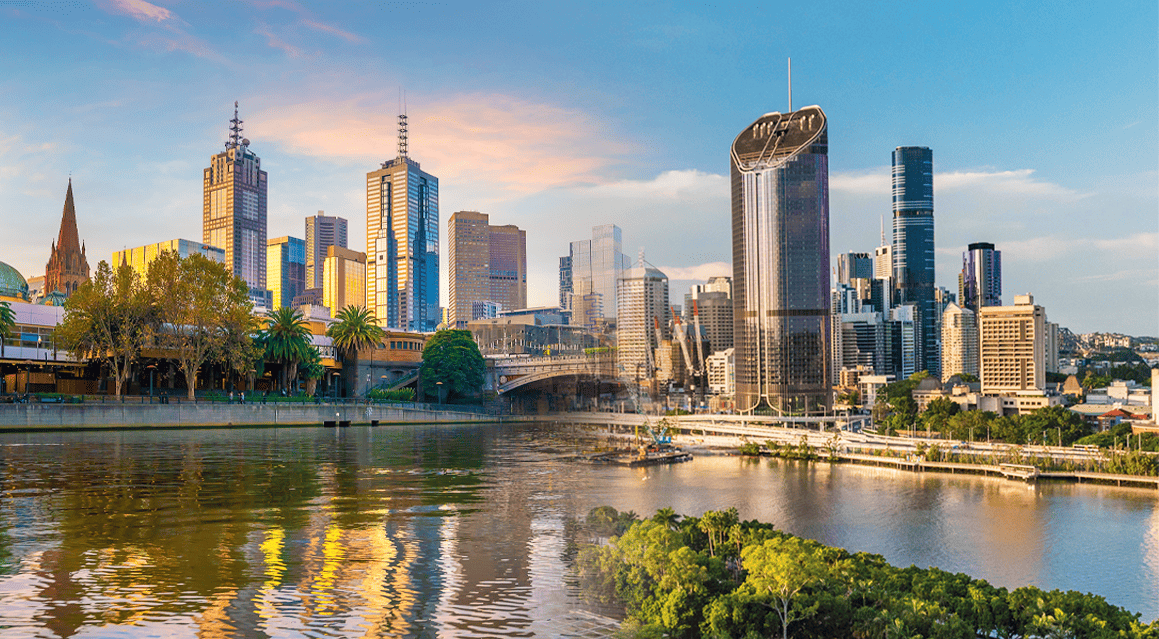
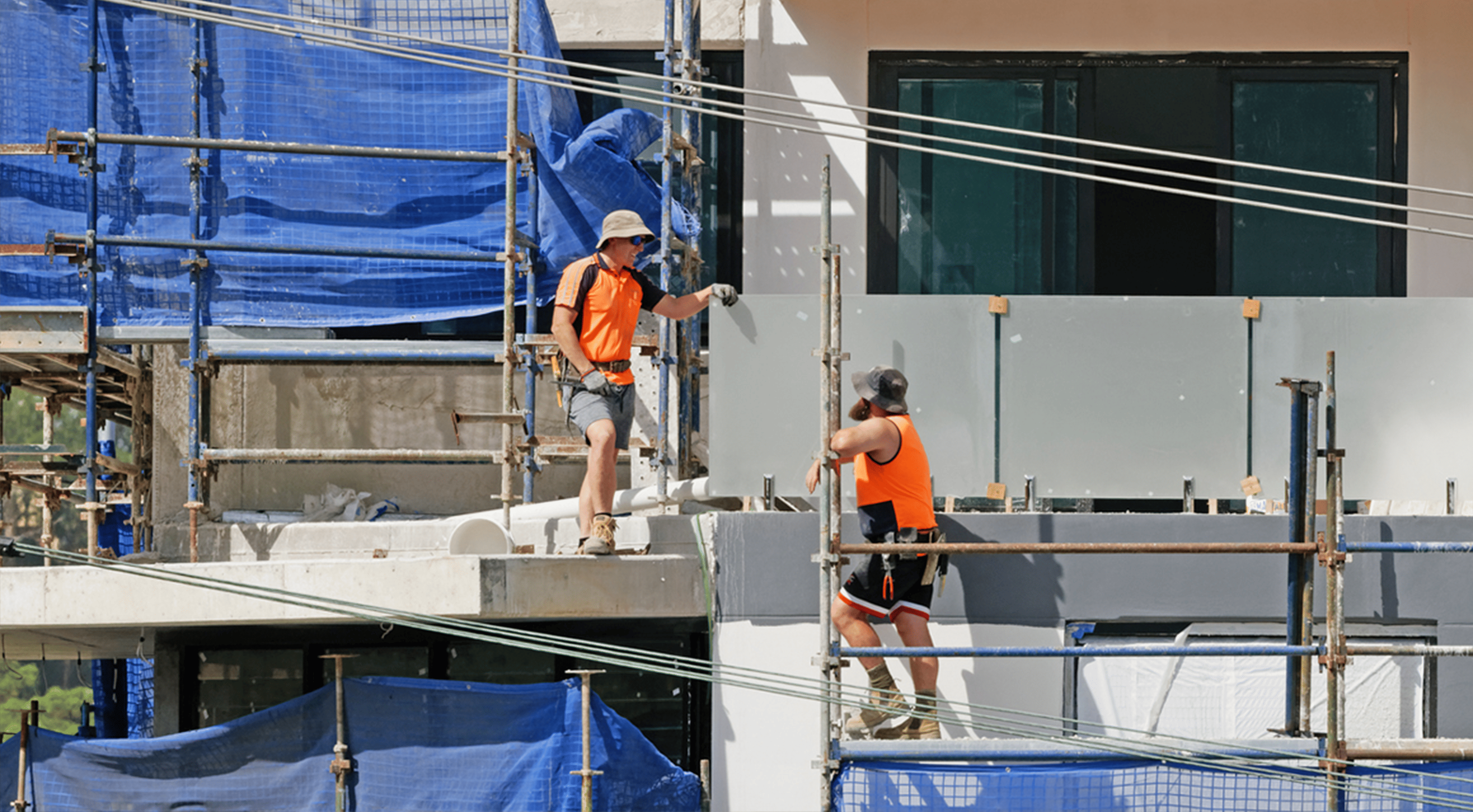
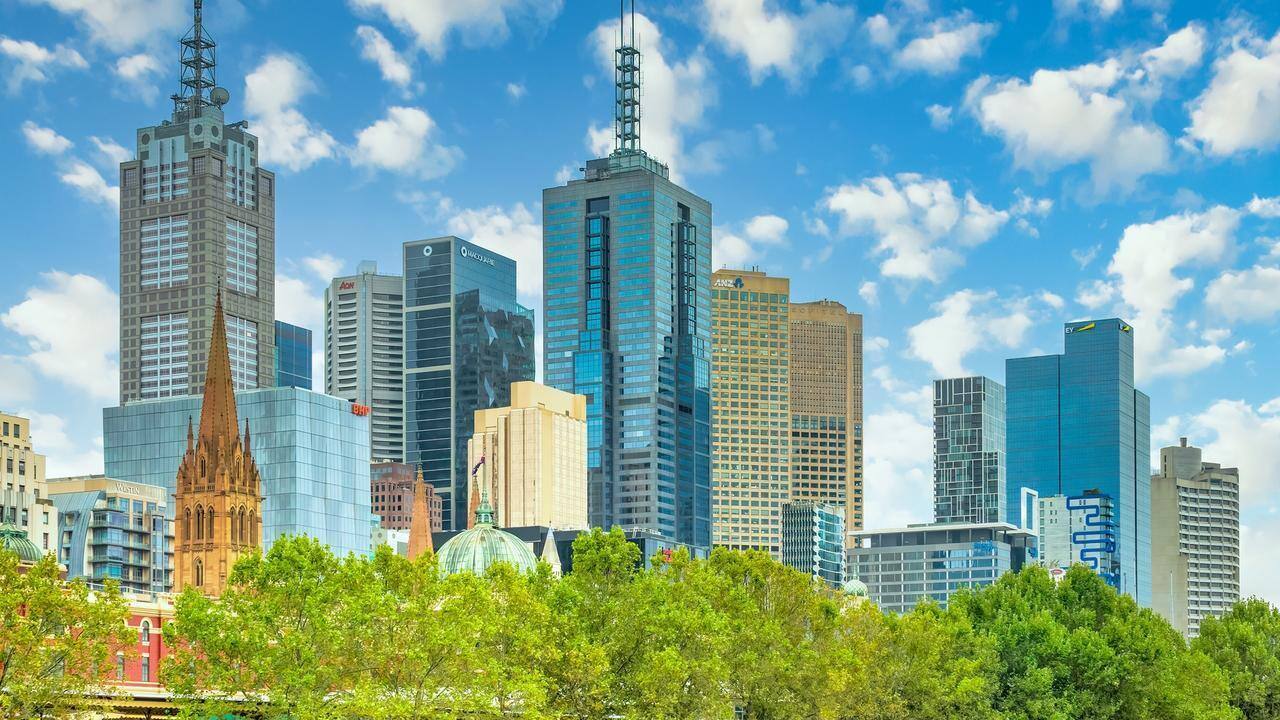
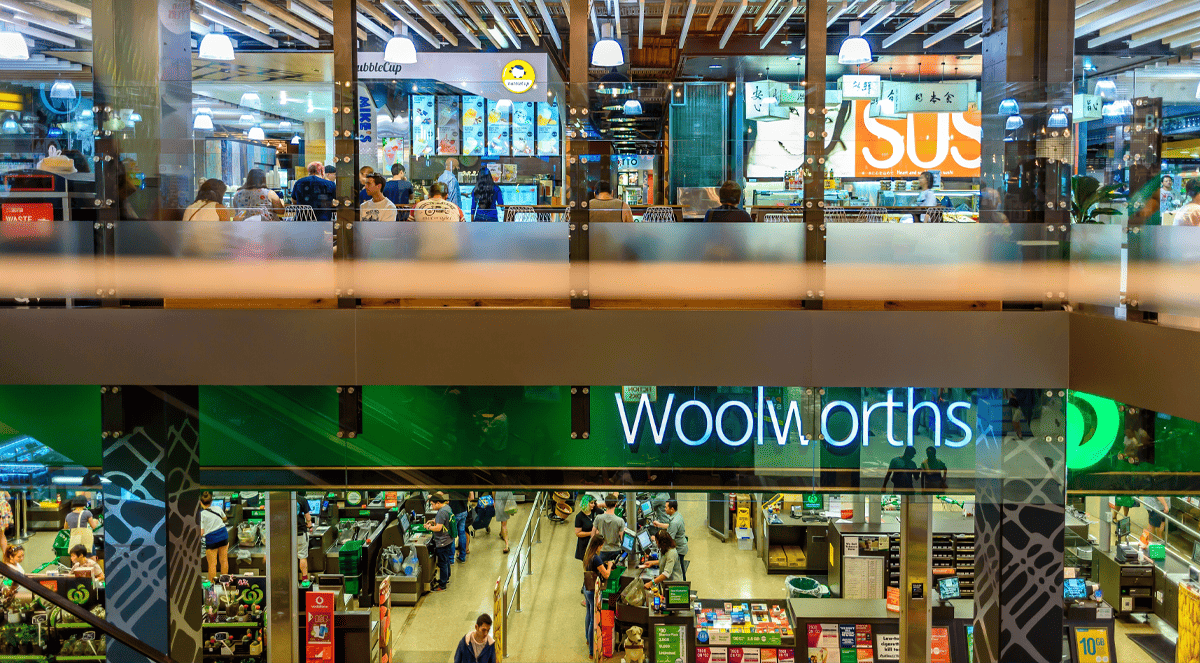
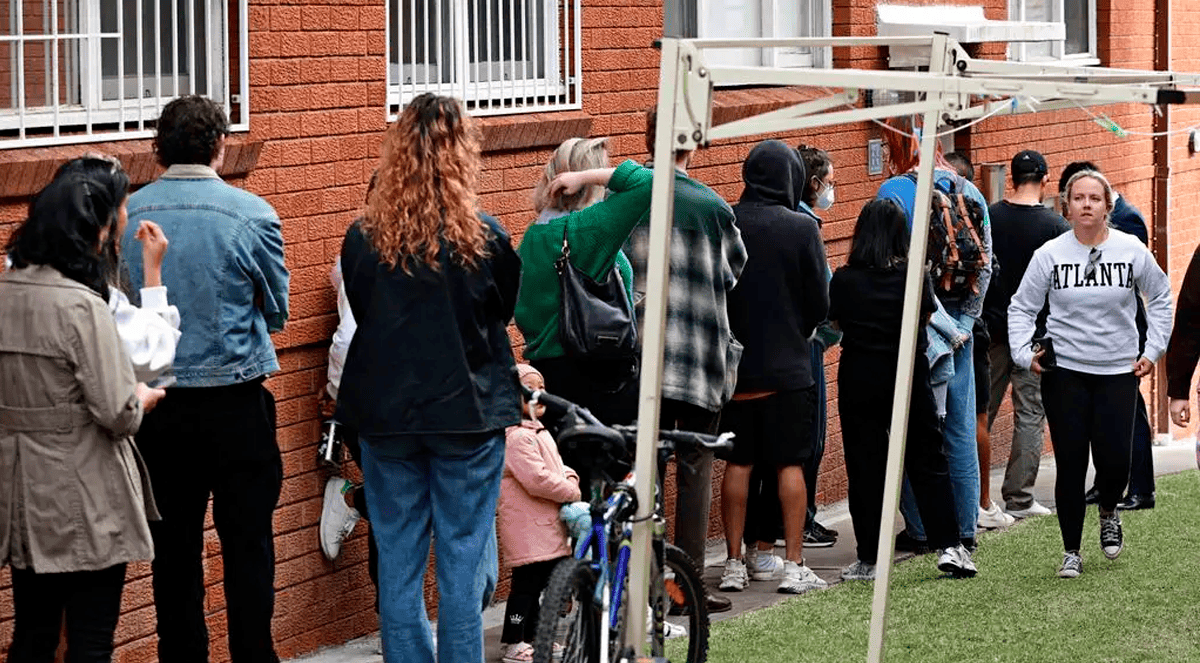
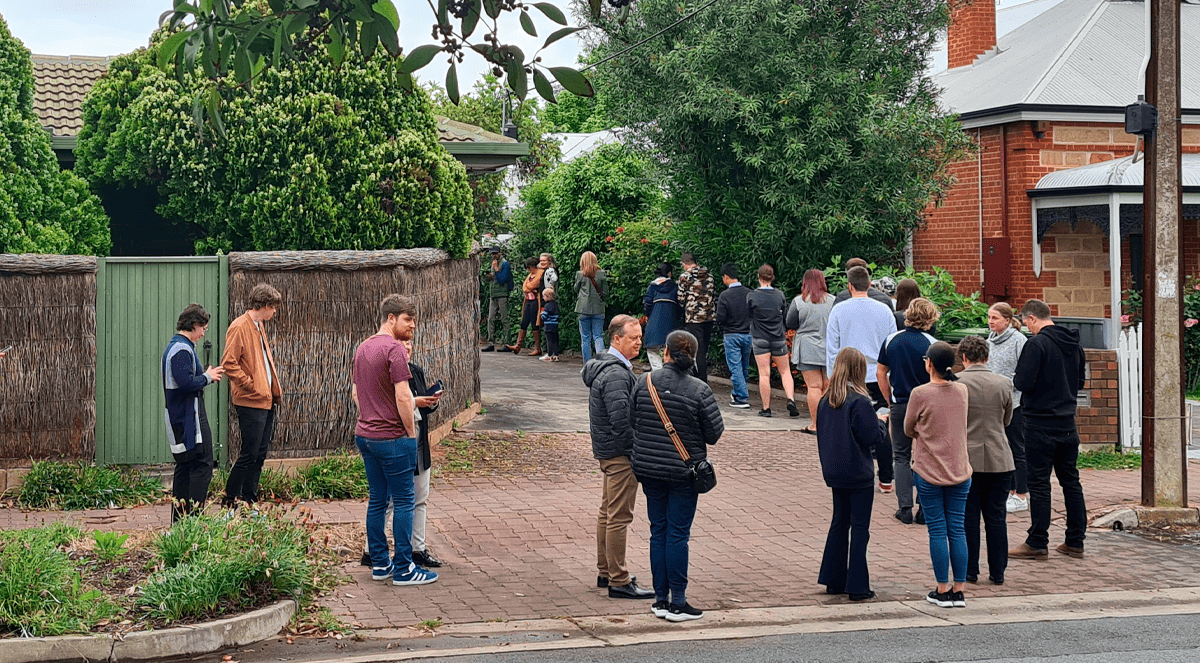
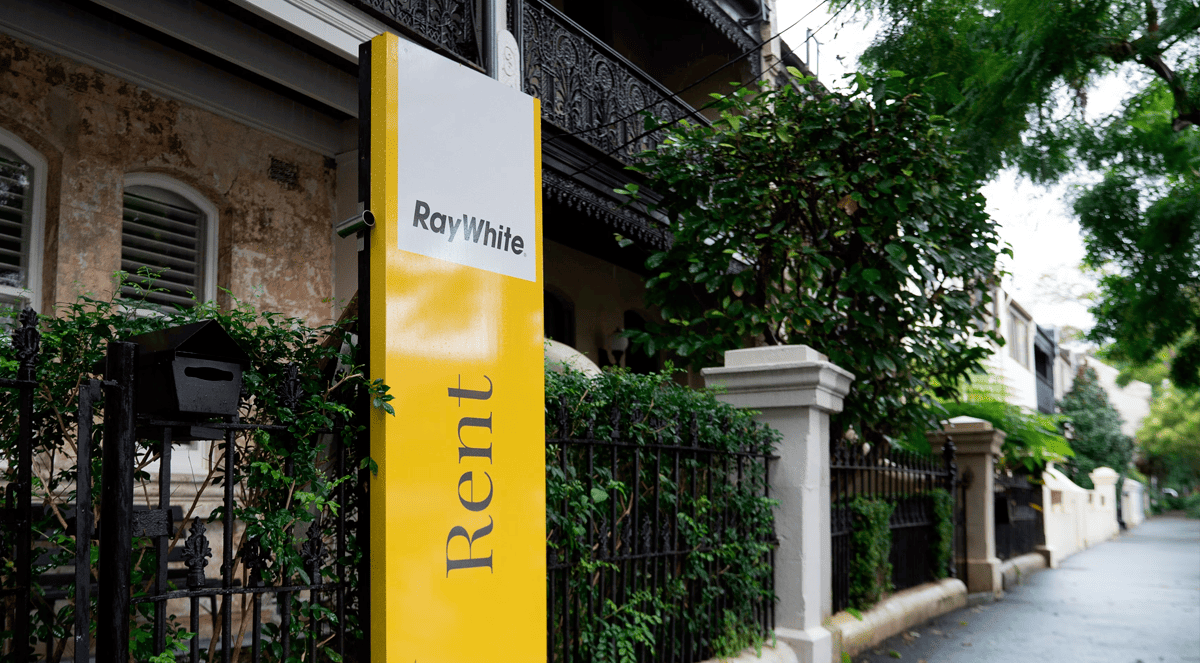
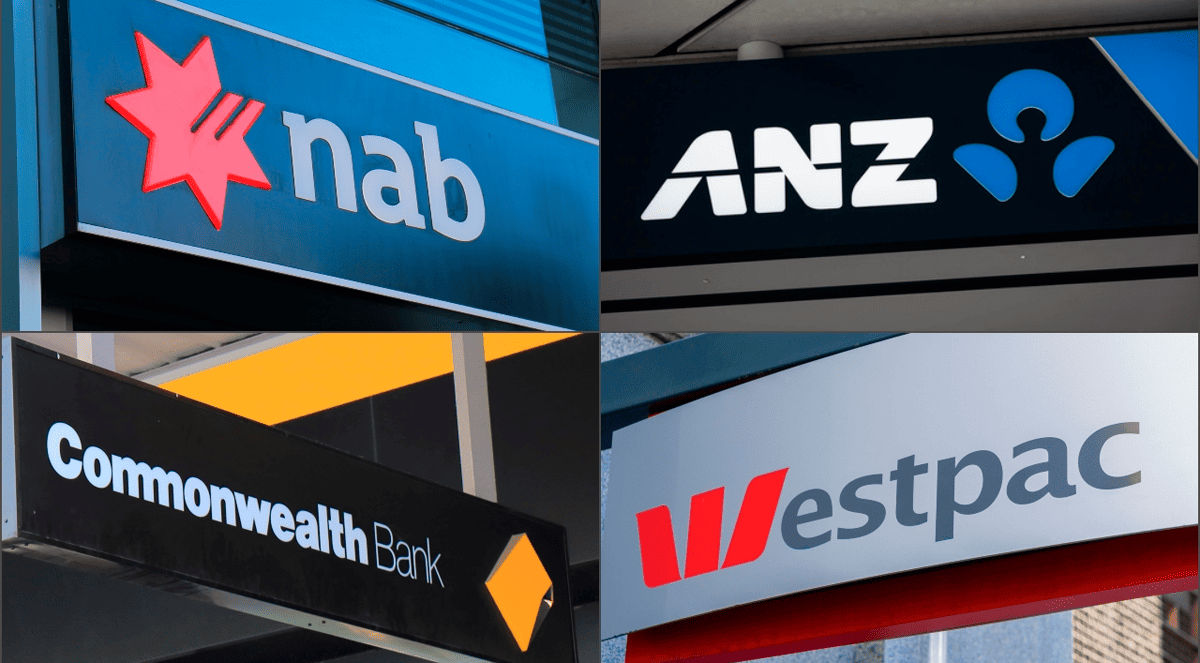


%20Scott%20Kuru%20DPU%20141.jpg?width=1920&height=1080&name=The%20Senate%20Just%20Exposed%20Australias%20Biggest%20$80%20Billion%20Housing%20Fraud%20(Inquiry%20Launched)%20Scott%20Kuru%20DPU%20141.jpg)




%20Scott%20Kuru%20DPU136.jpg?width=1920&height=1080&name=Aussies%20Just%20Got%20Hit%20With%20Double%20Taxes%20on%20Everything%20(This%20Has%20Gone%20Too%20Far)%20Scott%20Kuru%20DPU136.jpg)


%20Scott%20Kuru%20DPU%20133.jpg?width=1920&height=1080&name=JUST%20IN%20Something%20Major%20Just%20Flipped%20Australia%E2%80%99s%20Property%20Market%20for%202026%20(No%20One%20Saw%20This%20Coming)%20Scott%20Kuru%20DPU%20133.jpg)


.jpg?width=1920&height=1080&name=Rental%20Prices%20At%20Record%20Highs%20And%20Vacancy%20Rates%20At%20All%20Time%20Lows%20(New%20Data%20Reveals).jpg)
%20%20DPU%20EP%2014.jpg?width=1920&height=1080&name=Investors%20Shutting%20Out%20First%20Home%20Buyers%20(Investors%20At%20Record%20Highs)%20%20DPU%20EP%2014.jpg)

.jpg?width=1920&height=1080&name=Darwins%20Property%20Market%20Boom%20or%20Dangerous%20Gamble%20(REVEALED).jpg)

.jpg?width=1920&height=1080&name=The%20RBA%E2%80%99s%20Rate%20Cut%20Could%20Explode%20House%20Prices%20(Here%E2%80%99s%20Why).jpg)








.jpg?width=1920&height=1080&name=Warning%2c%20You%20Might%20Be%20Facing%20Higher%20Taxes%20Soon%20(1).jpg)




.png?width=1920&height=1080&name=Rate%20Drops%20Signal%20BIGGEST%20Property%20Boom%20in%20DECADES%20(1).png)

.jpg?width=1920&height=1080&name=Labor%20vs%20Liberal%20These%20Housing%20Policies%20Could%20Change%20the%20Property%20Market%20Forever%20(1).jpg)
.jpg?width=1920&height=1080&name=QLD%20Slashes%20Stamp%20Duty%20Big%20News%20for%20Investors%20%26%20Home%20Buyers%20(1).jpg)
.jpg?width=1920&height=1080&name=Trump%20Just%20Slapped%20Tariffs%20%E2%80%93%20Here%E2%80%99s%20What%20It%20Means%20for%20Australia%20(1).jpg)
.jpg?width=1920&height=1080&name=Federal%20Budget%202025%20More%20Debt%2c%20No%20Housing%20%E2%80%93%20Here%E2%80%99s%20What%20You%20Need%20to%20Know%20(1).jpg)
.jpg?width=1920&height=1080&name=Australias%20Housing%20Crisis%20is%20about%20to%20get%20MUCH%20Worse%20(New%20Data%20Warns).jpg)
%20(1).jpg?width=1920&height=1080&name=Australias%20RENTAL%20CRISIS%20Hits%20ROCK%20BOTTOM!%20(2025%20Update)%20(1).jpg)
%20(1).png?width=1920&height=1080&name=Is%20Adelaide%20Still%20a%20Good%20Property%20Investment%20(2025%20UPDATE)%20(1).png)
.jpg?width=1920&height=1080&name=RBA%20Shocks%20with%20Rate%20Cuts!%20What%E2%80%99s%20Next%20for%20Property%20Investors%20(1).jpg)
%20(1).jpg?width=1920&height=1080&name=I%20Predict%20The%20Feb%20Rate%20Cut%20(My%20Price%20Growth%20Prediction)%20(1).jpg)
.png?width=1920&height=1080&name=Why%20Property%20Prices%20Will%20Rise%20in%202025%20Market%20Predictions%20(1).png)
.jpg?width=1920&height=1080&name=Why%20Investors%20Are%20Choosing%20Apartments%20Over%20Houses%202%20(1).jpg)
.jpg?width=1920&height=1080&name=Why%20Rate%20Cuts%20Will%20Trigger%20A%20Property%20Boom%20(1).jpg)
.jpg?width=1920&height=1080&name=Retire%20On%202Million%20With%20One%20Property%20(Using%20SMSF).jpg)
.jpg?width=1920&height=1080&name=4%20Reasons%20Why%20You%20Should%20Invest%20in%20Melbourne%20Now%20(1).jpg)
%20(1).jpg?width=1920&height=1080&name=Old%20Property%20vs%20New%20Property%20(Facts%20and%20Figures%20Revealed)%20(1).jpg)
%20(1).jpg?width=1920&height=1080&name=Will%20The%20New%20QLD%20Govt%20Create%20a%20Property%20Boom%20or%20Bust%20(My%20Prediction)%20(1).jpg)
%20Scott%20Kuru%20(1).jpg?width=1920&height=1080&name=Inflation%20Hits%20Three-Year%20Low%20(Will%20RBA%20Cut%20Rates%20Soon)%20Scott%20Kuru%20(1).jpg)
.jpg?width=1920&height=1080&name=How%20to%20Buy%20Investment%20Property%20Through%20SMSF_%20The%20Ultimate%20Guide%20(1).jpg)
.jpg?width=1920&height=1080&name=Victoria%20Slashes%20Stamp%20Duty%20Melbourne%20Set%20to%20Boom%20Scott%20Kuru%20(1).jpg)
.png?width=1571&height=861&name=Are%20Foreign%20Buyers%20Really%20Driving%20Up%20Australian%20Property%20Prices%20(1).png)
.jpg?width=1920&height=1080&name=The%20Single%20Factor%20That%20Predicts%20Property%20Growth%20Regions%20(1).jpg)
%20Scott%20Kuru%20(1).jpg?width=1920&height=1080&name=My%20Prediction%20On%20Rates%20%26%20Negative%20Gearing%20(Market%20Crash)%20Scott%20Kuru%20(1).jpg)

-1.png?width=1920&height=1080&name=Major%20Banks%20Cut%20Rates%20Will%20RBA%20Follow%20Suit%20(Sept%20Rate%20Update)-1.png)
%20Scott%20Kuru-1.png?width=1920&height=1080&name=Rate%20Cut%20Coming%20What%20New%20Zealands%20Move%20Means%20for%20Australia%20(Sept%20Prediction)%20Scott%20Kuru-1.png)
%20(1).jpg?width=1920&height=1080&name=Buy%20when%20the%20interest%20rates%20are%20high!%20(Why%20you%20must%20buy%20now!)%20(1).jpg)
.jpg?width=1920&height=1080&name=Carms_Revised%20Taxes%20Due%20Aug%209%20YT%20Thumbnail02%20(1).jpg)
.jpg?width=1920&height=1080&name=Carms_Too%20Little%20Too%20Late%20Aug%207%20YT%20Thumbnail01%20(1).jpg)









.jpg?width=1920&height=1080&name=Carms_Rate%20Drop%20In%20July%20Jun%2010%20YT%20Thumbnail02%20(1).jpg)
.jpg?width=1920&height=1080&name=Carms_Own%20a%20Property%20V6%20Jun%205_YT%20Thumbnail%20(1).jpg)









.png?width=1920&height=1080&name=Artboard%201%20(3).png)






.jpg?width=1920&height=1080&name=YT%20thumbnail%20%20(1).jpg)

